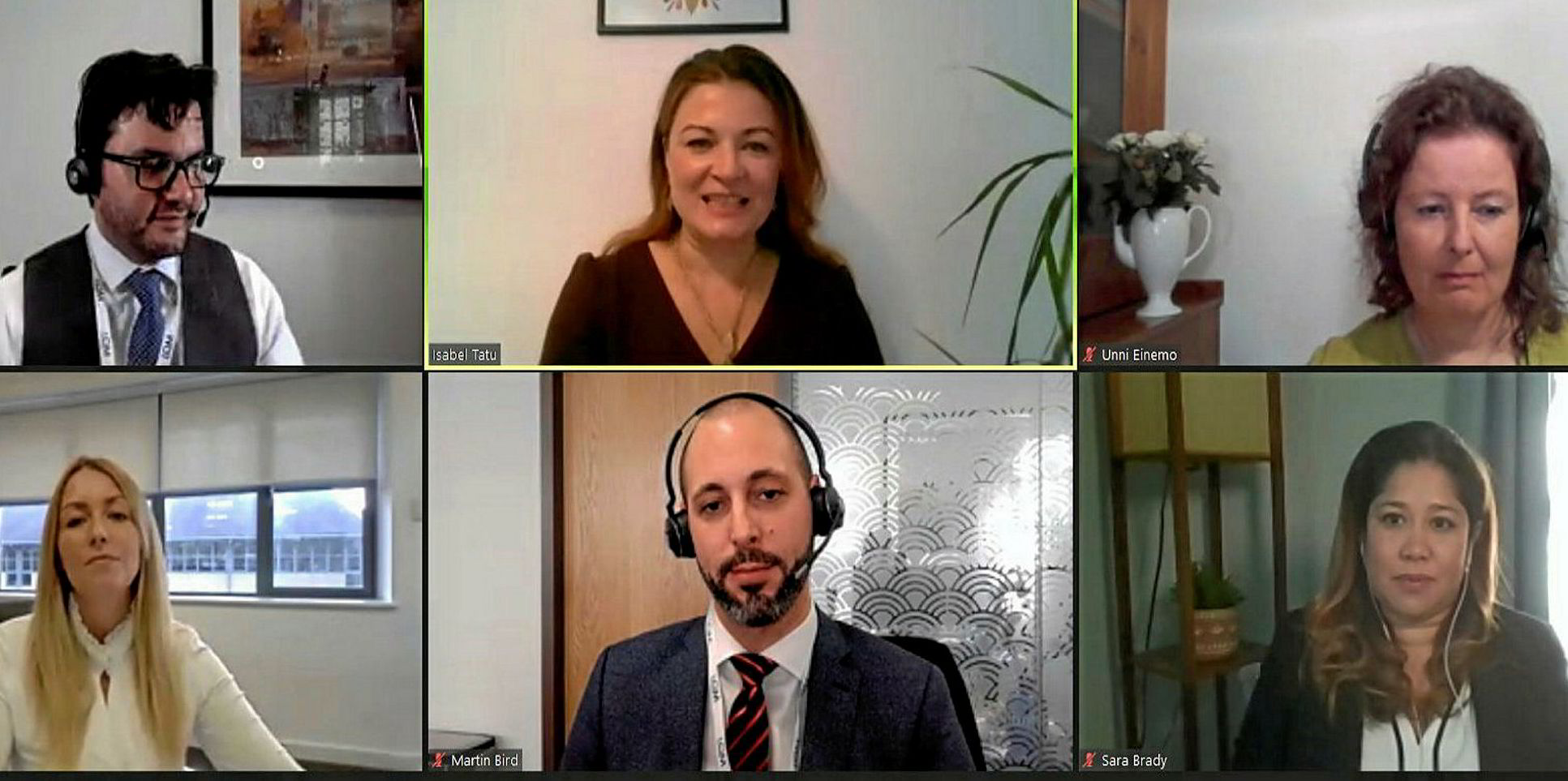Two Greek shipowners shared very different takes on women in the shipping industry at Capital Link's online conference on Wednesday.
On one side was Dorian LPG chief executive John Hadjipateras, who argued that women are underutilised in the industry.
On the other was Athanasios Martinos, managing director at Eastern Mediterranean Maritime (Eastmed), who said his firm was having a difficult time finding women to work on ships or as superintendents.
"In our firm, we are trying to focus on creating opportunities for women to work on ships," said Hadjipateras during a panel that nominally focused on geopolitics, but which touched on issues like digitalisation and cleaner marine fuels.
"I think shoreside, our industry in terms of numbers is quite good in ... offering equal opportunity. Perhaps in terms of promotion, etc, we still have work to do. We probably have a lot of work to do to get women at the higher levels."
Martinos said having women on board and shoreside were a "new thing" for Eastmed.
"Our experience is that there are not so much [a] supply of lady officers, because it's not a suitable job for ladies who are planning to raise a family and children," he said.
"There are, I suppose, enough men to man ships and there are enough for ladies who have to run a family at the same time.
"We have been making exceptions, though, in employing lady cadets. One because of the Greek unemployment problem for the last 10 years, we employed more Greek cadets, more than necessary. We had some lady candidates who were very keen to sail, to go on board ships, either for reasons they had to earn a livelihood and some of them have a genuine love for the sea."
Growing the number of female superintendents, too, was difficult given the travel requirements, said Martinos, whose company owns bulkers and tankers.
"Speaking for tramp ships, I would say it's not a job for ladies," he said. "They could work on passengerships, perhaps cruiseships, but especially passengerships with regular sailing into and out of port and getting back to their families."
Hadjipateras said with shorter contracts for seafarers and changes in working conditions that "there aren't jobs at sea that can be done by men and not women".
"It's silly for shipowners to overlook a labour force like that," he said.







